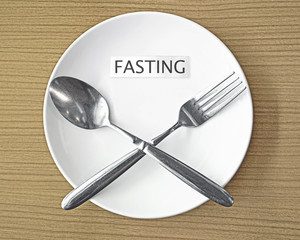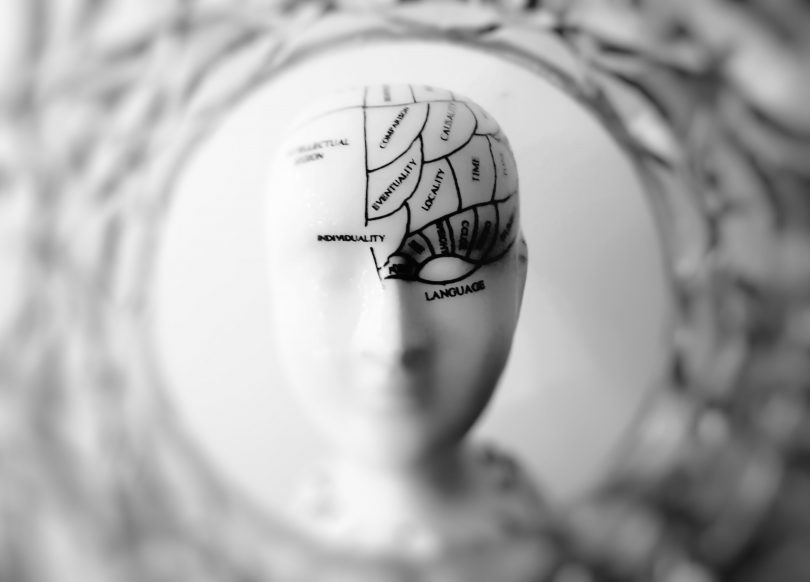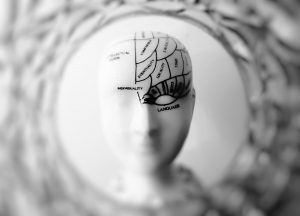The concept of fasting has withstood the test of time, and from the evolutionary standpoint, its hidden benefits are researched by scientists and health activists so that we can foster a productive lifestyle. The hoggish human command center – our brain – which makes up only 2% of our body weight, fasting can do wonders for its wellbeing. However, have you ever thought, does fasting increase brain function?
When your mouth ceases to munch during fasting hours, our brain sighs relief and focus on tantalizing our neurons. In hunger, the brain boosts its abilities and subsequently sends active signals to our body. Fasting has unparalleled positive effects on your mind and body, helps to improve cognitive function and your general well-being.
Here we assess some of the benefits our brain and body receive from fasting:
Ways Fasting Improve Brain Function
1. Improved Mental and Physical Activity
One of the highest observed behavior traits is that mental activity increases with hunger and decreases with excessive consumption. Notice that when you have stuffed yourself overwhelmingly, are you still mentally sharp as a tack or as dull as a concrete block? How about the other side of the picture? Think about the time when your insides are aching with hunger. Are you alert or slumped on a recliner? I can assure you that your senses were hyper-alert and sharp as a needle.
If you turn the pages of Islamic history, you will find that Prophet Mohammad and his companions used to fast in battles. This habit made them cognitively sharp and physically agile because their stomach was zipped against food absurdities and their mind was entirely focused on their task. Thus, fasting motivates us towards our goal and gives us an energizing effect.
2. Combats Diseases
Another one of the most significant benefits of fasting on brain functioning is that it reduces inflammatory and chronic diseases in later age. Scientists have claimed that depriving yourself of food for a specified period decreases the risk of Alzheimer’s or Parkinson’s disease. Through their findings, they have also concluded upon the fact that with minimized food intake and subsequently reduced energy intake the neurons in our brain get mildly stressed. This type of stress is necessary for them as they need to carry on their work of wiping away old damaged, rusty cells and help the body to generate new cells. Thus, fasting stimulates autophagy, assisting the body in cleansing itself, thereby reducing inflammation. Autophagy removes those tarnished cells when they are damaged beyond repair.
There is substantial evidence that risk of Alzheimer’s disease (AD) is related to obesity. Over 5 million Americans have the AD, and this number will likely increase rapidly due to the aging population. AD creates significant burdens upon families that are forced to care for their afflicted members. Since a primary cause of AD is associated with the abnormal accumulation of Tau Protein and Amyloid Protein, fasting enables your body to get rid of these proteins. If you have Alzheimer’s, or a similar cognitive disorder, use an app to test cognitive changes in you as a result of fasting. Braintest review suggests that it is one of the most scientifically reliable apps for this purpose.
The pituitary gland in our brain that is responsible for carrying out the proper functioning of the hormones in the body begins to work on its full accord during fasting. The dots connect to the idea that once our stomach is at rest, our brain can focus on other mechanisms rather than working all day to digest every bit we consume. Insulin resistance that is one of the malfunctionings of the pituitary gland, thanks to our crazy diet, can be resolved through fasting.
When your body is at the break, and there is no food to digest, and your body uses up all its sugar stores. Hence the insulin levels begin to drop, allowing the body to re-sensitize to insulin reserves. Interestingly, the level of fasting insulin seems to have a direct inverse correlation to memory as well. That is, the lower you can drive down fasting insulin, there is a comprehensible improvement on your memory scale.
3. Improved Brain Performance
Fasting has also been shown to increase rates of neurogenesis in the brain, and this is correlated with increased brain performance, memory, focus, and mood. Moreover, studies have also shown that fasting boost miracle growth in your brain, by increasing BNDP protein.
It is the BNDP protein that allows you to be flexible and become more adaptable to change around you. Your ability to learn and tackle challenging situations as they come to you expectantly or otherwise become more shrewd and prompt; thanks to our brain cells as they are getting revitalized.
4. Detoxifies Body
Fasting helps in detoxifying the body. This is because when there is no food intake, the body resorts to the already existing fat reserves for energy. Say goodbye to these stubborn fat cells that have stuck to your body like glue for ages. When fats get broken down, it creates ketones.
One of the most abundant ketones, β-hydroxybutyrate, actually blocks part of the immune system responsible for regulating inflammatory disorders like arthritis and even Alzheimer’s. High body fat and signs of obesity have also been linked to declining mental health.

Conclusion
So now that we are confronted with these beautiful blessing advantages of fasting on our brain activity why not for your own sake come out of your comfort zone bubble and think for yourself? Think of it like giving your iPhone more batteries for more efficient and longer lasting energy. Yes, as you have learnt, fasting increases brain function and improves cognitive function.
ABOUT AUTHOR
Alycia Gordan is a freelance writer who loves to read and write articles on healthcare technology, fitness and lifestyle. She is a tech junkie and divides her time between travel and writing. You can find her on Twitter: @meetalycia
YOU SHOULD READ THIS TOO:
- 7 Health Benefits Of Playing Video Games
- How To Keep Your Breath Fresh During Ramadan
- Top 7 Foods That Increase Brain Function
- 6 Interesting Habits For A Better Brain And Mental Health









